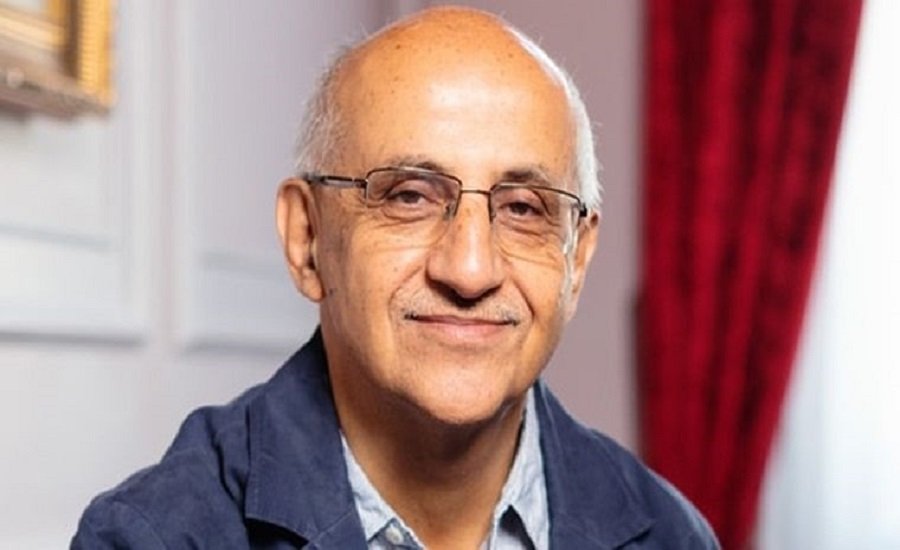The raids also focused on finding whether the homes sheltered any Rohingya children
Clarion India
NEW DELHI — Noted human rights activist Harsh Mander Thursday said that the National Commission for Protection of Child Rights (NCPCR) ‘raided’ two children’s homes in Delhi— Ummeed Aman Ghar and Khushi Rainbow Home—with which he has been associated in the past and inquired whether the children participated in the protests against the Citizenship (Amendment) Act (CAA).
Mander, one of the leading members of the anti-CAA public protests that rocked the country in December last year and continued for nearly four months, said the NCPCR raid was focused on his association with the children’s homes.
The former IAS officer, after resigning from government services, opened two homes for homeless children who were being “neglected by public policy”. Mander says he regarded the neglect as an unconscionable public crime. He thought he “must try to find humane public systems of protection for homeless street children.”
“These were open, voluntary, non-custodial stay homes for children without homes and families, with high standards of comprehensive care” accepted as a model by government-run Sarva Shiksha Abhiyan on elementary education.
Mander said he was no longer formally associated with these homes. But added: “I have close bonds of great love with the children, especially in Delhi, who call me Harsh Papa.”
The NCPCR, Mander says, also demanded to know whether the homes were receiving any foriegn aid. “Ummeed is entirely funded from Indian donors. Khushi also is largely supported by Indian donors, but has some foreign donors as well,” he disclosed.
The raids led by the NCPCR chairperson also wanted to find whether the homes had given shelter to any children from the vulnerable Rohingya Muslim community who faced exodus from their home country of Myanmar. “My colleagues said that ‘for us, we don’t focus on the identity of any child; the only thing important for us is that she or he is homeless and in need of care and protection’.”
The critics have termed the CAA and the potential citizenship test (NRC) discriminatory against Muslims, violating the secular and egalitarian nature of the Indian Constitution. They also said that the law would be used as a tool to go against a handful of stateless Rohingya Muslims settled in India.
The combo of CAA-NRC makes the abandoned street children most vulnerable to statelessness; they will be stripped of their citizenship as they are unlikely to carry any documents.
The protests against the CAA-NRC have come to a halt in view of the coronavirus pandemic but the police have gone after activists, dissenters and ordinary Muslims who were part of the protests, and implicated them under harsher laws like UAPA.
Mander is among the activists who have been named in the cases against CAA protesters on charges of giving “provocative speeches” at Jamia Millia. “It is no secret that the Union government, using various official agencies which fall under its control, has launched a massive campaign against those who participated in the peaceful non-violent protests against the CAA/NRC/NPR from December 2019 to March 2020. It has been made amply clear by the actions of the state machinery that I am one of those targeted,” he said in a statement.
Mander said that the government was using agencies like NCPCR “to advance its campaign against the peaceful protesters and dissenters, to defame me”.
He said he was apprehensive of the “spin” NCPCR may give to the investigations after the raids.
According to the Indian Express, NCPCR chairperson Priyank Kanoongo claimed ignorance over the association of Mander with homes. “It’s only after reading his statement that I have got to know about it. There are more than 7,000 such homes, and we had gone to them as part of our routine audits,” he said.
On whether the raids were focused on children’s participation in anti-CAA protests, he said, “I can only tell you once I have the report in front of me.”
Mander said his former colleagues at the children’s homes were “deeply committed to standing by the most vulnerable homeless children whatever it may take.”
He said it was his duty to continue to resist, speak and organise “for love, fraternity and justice”.
Rights activists denounced the raids as politically motivated. Dr Rushda Sidique, a researcher and rights activists termed the raid is ‘sinister’ and ‘unacceptable’. She decried the discrimination against the Rohingya children which “may give the BJP a short- term advantage in the political and social unrest in Assam or Bengal, but in the long run, it spells disaster for India, both in domestic and international forums.”

